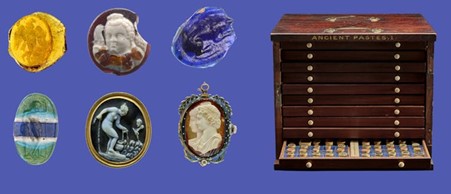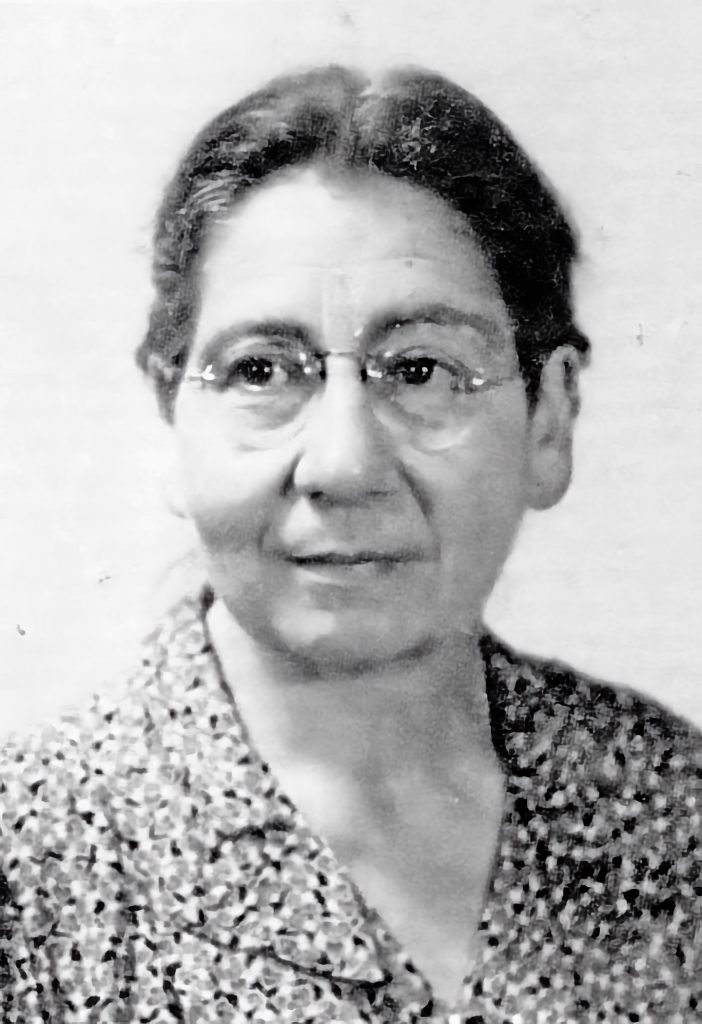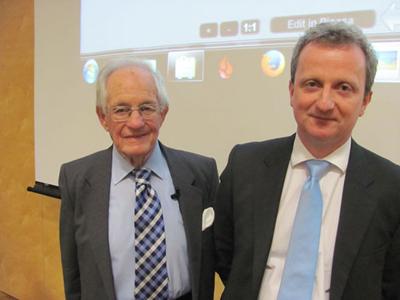
Fly like an Eagle
My Study Abroad Year at Temple University in Philadelphia by Tom Golebiowski
When I first applied to study history at the
University of Southampton, the idea of going on a year abroad hardly crossed my
mind. I was coming to Southampton for the fantastic course, the exciting social
life and the amazing campus: I couldn’t picture being anywhere else.
Continue reading →












